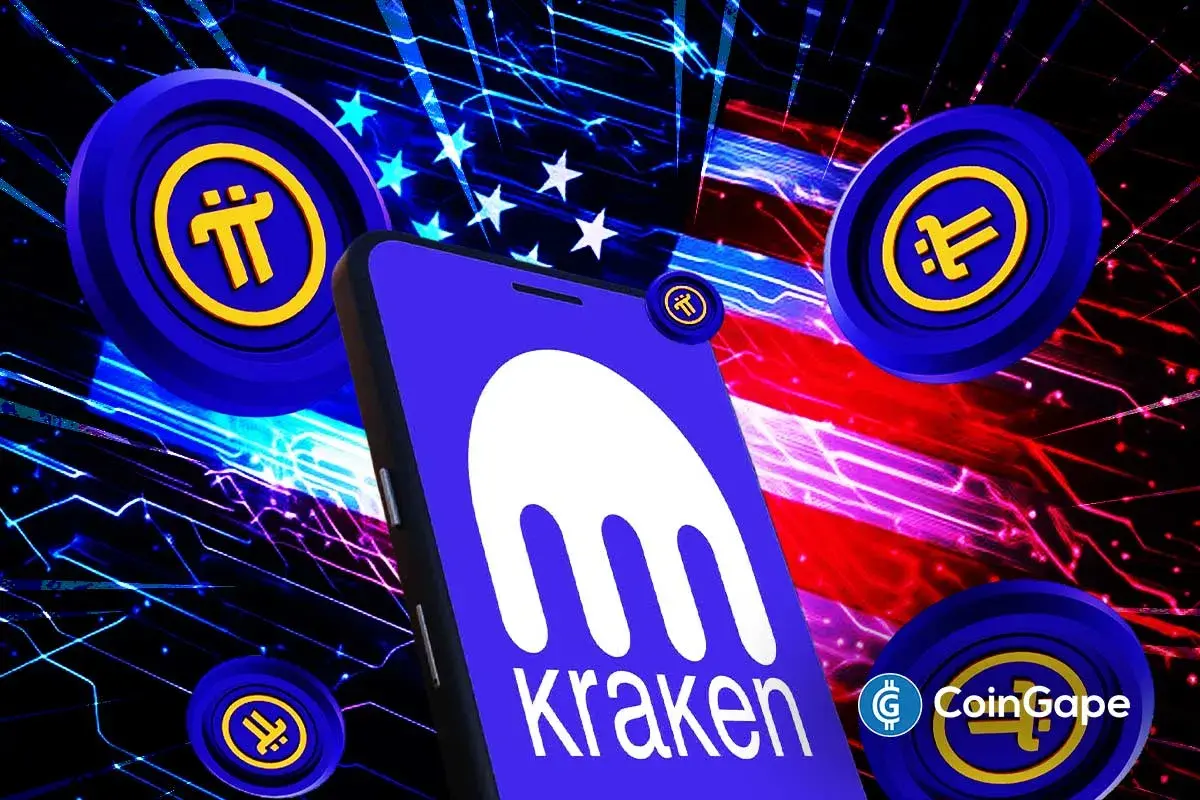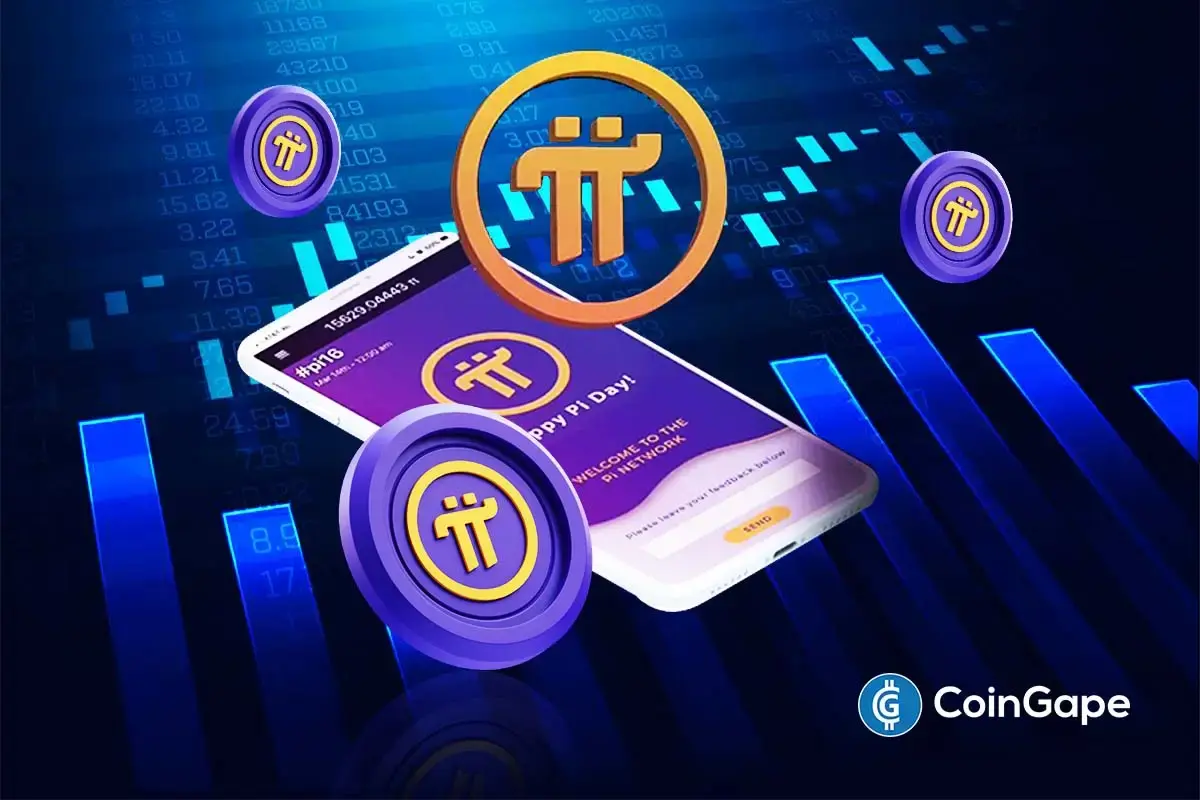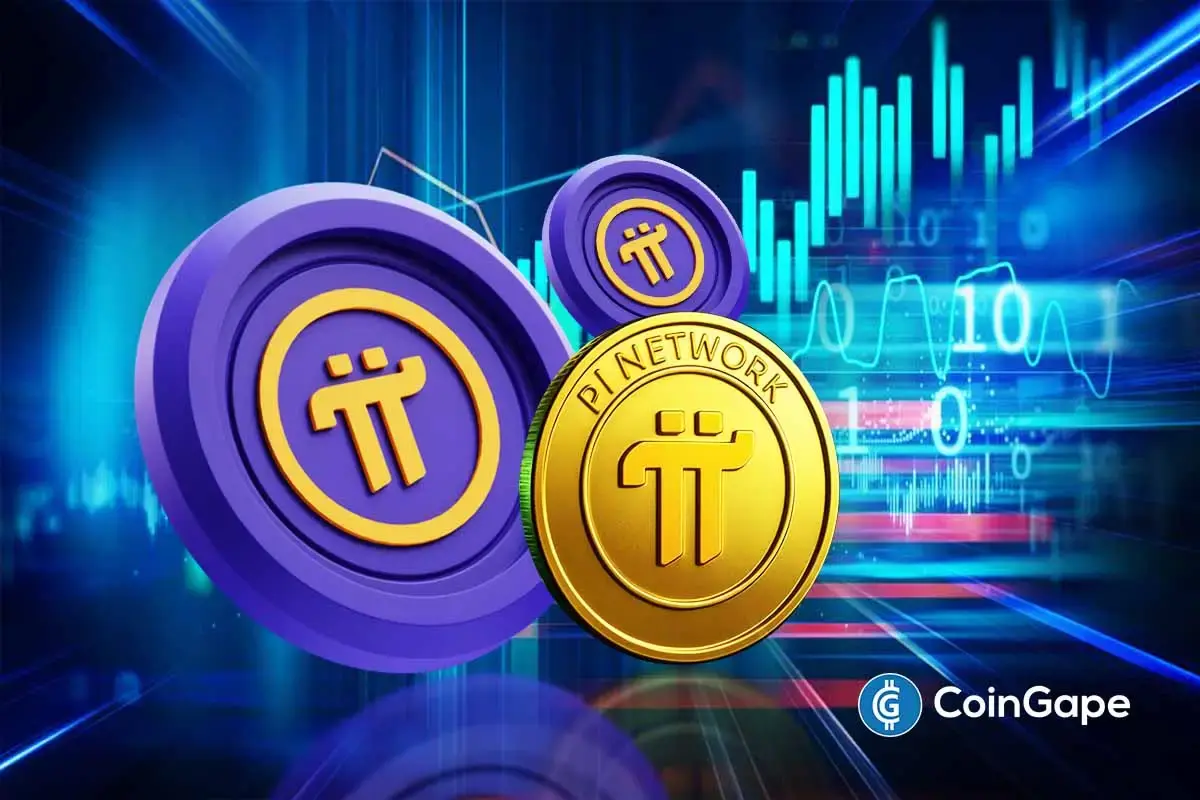Vietnam Launches Recent Investigation Into Pi Cryptocurrency

Regulatory authorities in Vietnam have started investigating the Pi cryptocurrency, announced the Department of Cybersecurity and High-Tech Crime Prevention.
Speaking at a meeting in Hanoi last week, department head Le Xuan Minh said: “The operations of cryptocurrency models like Pi have been exceedingly complex and unmanaged recently. There is no other business activity that can generate such high levels of income online.”
Minh mentioned that there are indications of people being forced by cryptocurrency promoters to join business models similar to multi-level marketing schemes. The police in various areas are specifically looking into activities related to the Pi cryptocurrency.
Authorities have cautioned individuals about investing in cryptocurrency schemes that promise unusually high profits or use multi-level marketing structures. Minh stated that these activities carry a lot of risks and request investors to approach with caution, reported a local publication VN Express.
The local publication also noted that the Pi Crypto Network lacks a certain level of transparency essential for a blockchain project. He also cautioned that cryptocurrency promoters have enticed people into “business models that resemble multi-level marketing.”
About the Pi Network
The Pi Network started in 2019 and gained popularity in Vietnam in 2021. This is because users can earn PI tokens by using their mobile phones, instead of having to buy expensive mining equipment. However, the PI network doesn’t seem to serve any other purpose except for exchanging PI tokens.
Some experts say that this cryptocurrency lacks transparency and may be used for fraud or collecting personal data. An expert in HCMC said that many people still trust Pi because they think there’s no harm in joining. However, users are at risk of having their personal information stolen.
It’s important to note that cryptocurrencies are not officially recognized as money in Vietnam. Using, trading, or issuing them as payment can lead to a fine of up to VND100 million (US$4,240).
- Breaking: U.S. CPI Inflation Falls To 4-Year Low Of 2.4%, Bitcoin Rises
- Bitget Launches Gracy AI For Market Insights Amid Crypto Platforms Push For AI Integration
- BlackRock Signals $257M Bitcoin and Ethereum Sell-Off Ahead of Partial U.S. Government Shutdown
- XRP News: Jane Street Emerges Among Key Institutions Driving XRP ETF Inflows
- Bhutan Gov. Dumps More Bitcoin Amid $410M Institutional Sell-Off in BTC ETFs
- Bitcoin Price Outlook As Gold And Silver Lose $3.6 Trillion in Market Value
- XRP and Ethereum Price Prediction as Trump Seeks to Lower Key Tariffs
- Solana Price Prediction as $2.6 Trillion Citi Expands Tokenized Products to SOL
- Bitcoin Price Could Fall to $50,000, Standard Chartered Says — Is a Crash Coming?
- Cardano Price Prediction Ahead of Midnight Mainnet Launch
- Pi Network Price Prediction as Mainnet Upgrade Deadline Nears on Feb 15


















